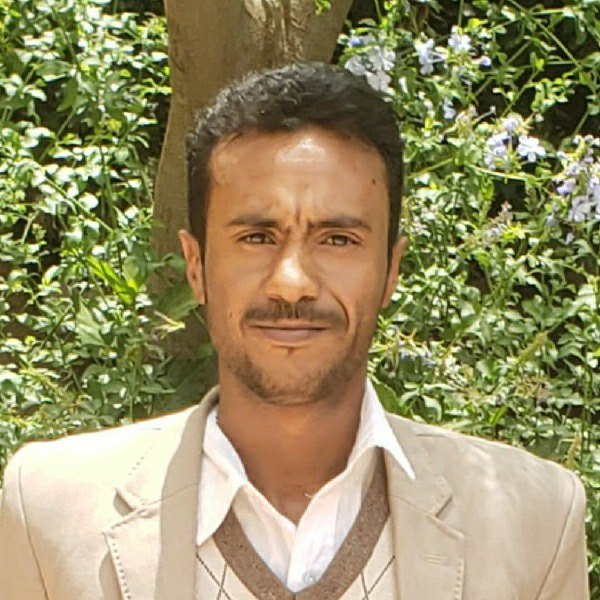العميد مجيد موسوي: إنتاج الصواريخ والإنتاج العام للقوات الجوفضائية قد ازداد مقارنة بما قبل حرب الـ12 يوما
قائد القوة جوفضائية في حرس الثورة العميد مجيد موسوي: قواتنا في ذروة جاهزيتها الدفاعية وسترد بحسم على أي عدوان يستهدف الشعب الإيراني
أمين مجلس الأمن القومي الإيراني علي لاريجاني: نعلن أسماء القتلة الرئيسيين للشعب الإيراني: 1- ترامب 2- نتنياهو
مصادر سورية: مدفعية العدو الإسرائيلي تستهدف أطراف بلدة عابدين ووادي كويا بحوض اليرموك بريف درعا الغربي
وزير الدفاع الإيراني: سنرد بقوة على أي اعتداء وكل القواعد الأمريكية والدول التي تسهل عمل أمريكا في المنطقة ستكون أهدافا مشروعة لنا
حزب الله: ثبت بالصور والتصريحات والأدلة أن عملاء أمريكا وكيان العدو يستخدمون مجموعات صغيرة لتندسَّ في التظاهرات فتُحوِلها إلى فوضى وتخريب
حزب الله: أمريكا تصر على تخريب إيران من الداخل وتستخدم الكيان الصهيوني كأداة إجرام وقتل وفوضى بهدف إسقاط النظام
حزب الله: رغم ما تعانيه إيران من أوضاع اقتصادية ناشئة عن العقوبات والعدوان فإنها ما زالت صامدة وتُطوِر إمكاناتها
حزب الله: نحيي المسيرات المليونية التي خرجت من مختلف أنحاء الجمهورية الإسلامية الإيرانية دعمًا للنظام الإسلامي والاستقرار
سلام: القضية الجنوبية قضية وطنية عادلة نشأت بفعل سياسات النظام السابق ولا يمكن أن تُحل في ظل الاحتلال أو عبر الوصاية الأجنبية






































































